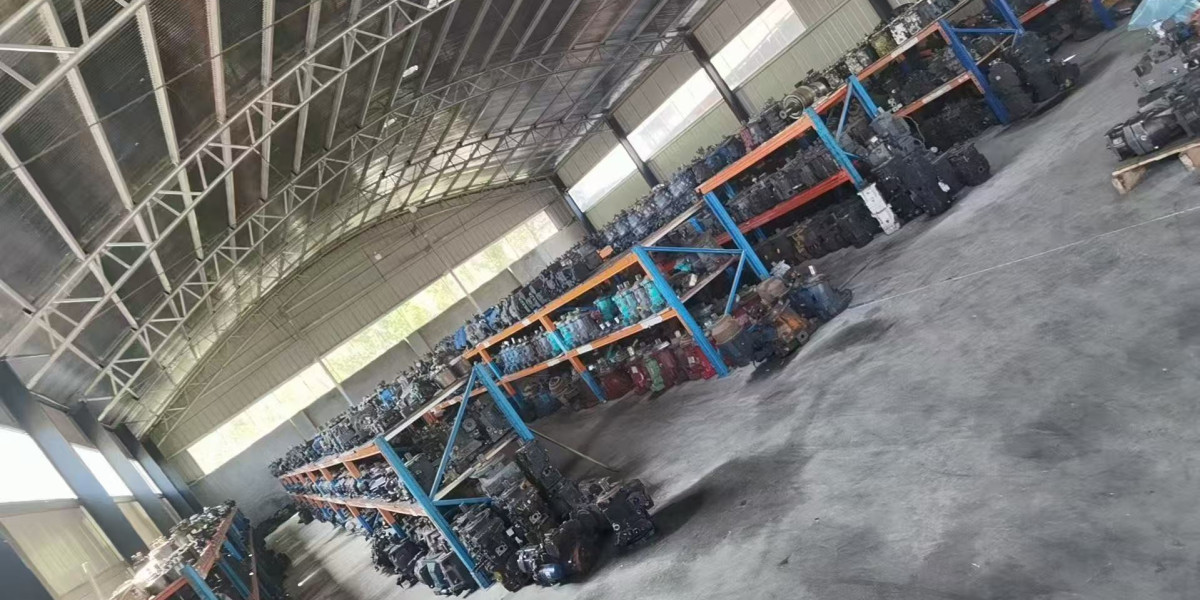In today’s rapidly evolving industrial landscape, automation and smart manufacturing are driving efficiency, precision, and reliability across sectors. Central to this transformation are hydraulic valves, particularly advanced solutions such as the Atos proportional valve and hydraulic proportional valves. These components play a critical role in controlling fluid flow, pressure, and direction in automated systems, ensuring machines operate with high accuracy and consistency.
At Marginal Hydraulics, we specialize in providing high-quality hydraulic solutions that support industries in embracing modern automation. Let’s explore how hydraulic valves are shaping smart manufacturing.
1. Understanding Hydraulic Valves
Hydraulic valves regulate the flow of hydraulic fluid within a system. Depending on the requirement, they can start, stop, or change the direction of flow, ensuring machines function smoothly and safely. From basic on/off valves to advanced proportional and servo valves, these components are at the heart of hydraulic power systems.
2. The Rise of Proportional Valves in Automation
Unlike traditional hydraulic valves that operate in a binary mode (open or closed), hydraulic proportional valves allow variable control of fluid flow and pressure. This makes them ideal for applications that demand precision, such as robotics, CNC machinery, and automated assembly lines.
An Atos proportional valve, for instance, integrates electronic control with hydraulic functionality, delivering exceptional accuracy in regulating motion and force. This level of precision is essential in industries adopting smart manufacturing technologies.
3. Why Hydraulic Valves Matter in Smart Manufacturing
Smart manufacturing relies on interconnected systems, real-time data, and adaptive technologies. Hydraulic valves support these principles in several ways:
Precision Control: Proportional valves adjust to exact flow and pressure levels, enabling smooth machine operation.
Energy Efficiency: Modern hydraulic valves optimize fluid usage, reducing energy consumption.
Safety & Reliability: Valves maintain pressure stability, preventing equipment damage or accidents.
Integration with IoT & Sensors: Advanced valves can connect with monitoring systems, feeding real-time data into smart manufacturing networks.
4. Applications of Hydraulic Valves in Automation
Hydraulic valves are widely used in sectors that demand both power and precision. Common applications include:
Robotics & Motion Control: Smooth, precise movements are enabled by proportional valves.
Metalworking & CNC Machines: Hydraulic valves regulate cutting, pressing, and shaping tasks with accuracy.
Injection Molding Machines: Valves maintain consistent pressure for defect-free production.
Heavy Equipment & Material Handling: Hydraulic systems power automated lifts, cranes, and conveyors.
In each case, hydraulic proportional valves play a vital role in balancing strength and precision.
5. Benefits of Using Atos Proportional Valves
When it comes to automation, Atos proportional valves stand out for their reliability and innovation. Key benefits include:
High response speed for dynamic operations.
Digital electronics for precise flow and pressure control.
Compact design, suitable for integration in modern machinery.
Long service life, reducing downtime and maintenance costs.
These advantages make Atos valves a preferred choice for industries transitioning to smart manufacturing.
6. Hydraulic Valves and Industry 4.0
Industry 4.0 emphasizes data-driven decision-making, predictive maintenance, and system integration. Hydraulic valves equipped with sensors and electronic control modules align with these goals by providing:
Real-time monitoring of performance.
Predictive insights for maintenance schedules.
Seamless integration with PLCs and smart controllers.
By enabling smarter, more responsive operations, hydraulic valves bridge the gap between traditional hydraulics and digital manufacturing.
Final Thoughts
The role of hydraulic valves in automation and smart manufacturing cannot be overstated. From hydraulic valves that manage basic fluid control to advanced hydraulic proportional valves like the Atos proportional valve, these components ensure precision, efficiency, and reliability in modern industries.
As manufacturing continues to evolve, investing in high-quality hydraulic solutions is no longer optional—it’s essential. At Marginal Hydraulics, we provide the expertise and products industries need to embrace the future of automation with confidence.



